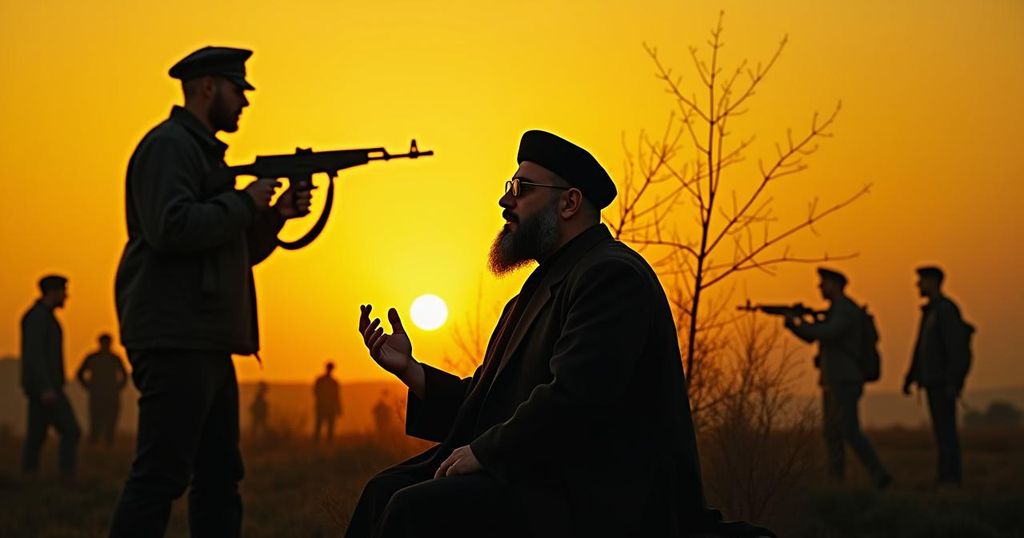Israel’s recent assassination of Hezbollah leader Hassan Nasrallah raises alarm for retaliation from Iran and concerns over escalating regional conflict. The situation demands careful observation as it may influence Middle Eastern dynamics.
The recent assassination of Hassan Nasrallah, the leader of Hezbollah, by Israel is eliciting significant concern throughout the Middle East. This event is prompting fears of potential retaliation from Iran, as well as the possibility of broader conflict in the region. Nick Schifrin, reporting from Tel Aviv, has noted the escalating tensions and the need for close monitoring of the situation as it unfolds, emphasizing that various stakeholders are gearing up for potential repercussions in the wake of this high-stakes assassination.
The assassination of a high-profile figure such as Hassan Nasrallah, who has been a prominent leader of Hezbollah for decades, marks a pivotal shift in the geopolitical landscape of the Middle East. Understanding the implications of this act involves recognizing the already fragile relationships among Israel, Hezbollah, and Iran. Historically, these entities have been embroiled in conflicts that have destabilized the region, and such an assassination is likely to lead to increased military tensions and escalated hostilities. This incident raises critical questions about the balance of power and the potential for a wider war that could involve multiple nations in the region.
In conclusion, the assassination of Hassan Nasrallah by Israel is a significant event that has ramifications not only for Hezbollah but also for Israeli relations with Iran and the broader geopolitical stability of the Middle East. As tensions rise, the international community must remain vigilant to navigate the potential fallout from this highly consequential action.
Original Source: www.pbs.org






